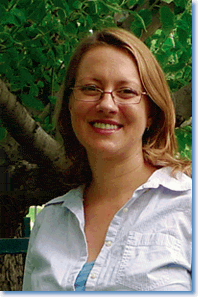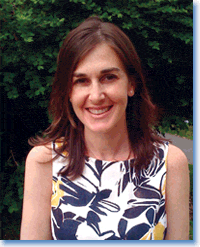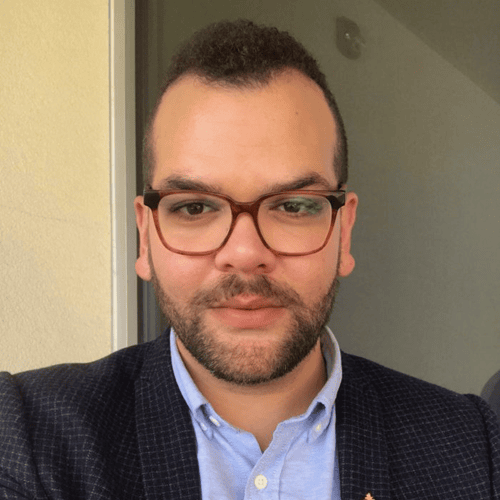 The Fellowship in Aerospace History—supported by the National Aeronautics and Space Administration (NASA) and administered by the AHA—funds projects that undertake advanced research in history as it relates to all aspects of aerospace.
The Fellowship in Aerospace History—supported by the National Aeronautics and Space Administration (NASA) and administered by the AHA—funds projects that undertake advanced research in history as it relates to all aspects of aerospace.
The 2012–2013 fellowship in Aerospace History has been awarded to Marcia Holmes, PhD candidate in the University of Chicago’s program in conceptual and historical studies of science. Her dissertation traces how psychological research entered the scientific discourse on human-machine interactions, from the development of ground control of air warfare during World War II through the Cold War. Her research to date establishes that American psychologists gained preeminence in the study of man-machine systems through the success of their combat-tested theories, and they carried their emphasis on the human side of the interaction into post-war projects such as the civilian air traffic control system. These psychologists insisted that complex systems like air traffic control needed human creativity and insight and placed the human operator in the system as a controller, rather than merely a check on automated processes.
As a NASA fellow, Holmes aims to follow her research into the post-war period, when psychologists working for the US Air Force and Navy honed their theories of human-machine interaction and also human-to-human interaction by studying command and control systems such as air traffic control and the Semi-Automatic Ground Environment (SAGE). Their resulting theories of the ideal human operator of advanced technology shaped the design of Cold War-era man-machine systems, as well as contemporary expectations for human expertise in hyper-technological environments.
Although Holmes has pursued her graduate education in interdisciplinary programs—she also holds a MPhil from Cambridge University in the history and philosophy of science—she prefers the historical mode of analysis and has always considered herself a historian. She looks forward to her time with the NASA History Program, and to experiencing how NASA historians engage with the public and broader historical community in their mission to collect, preserve, and disseminate aerospace history.
 The J. Franklin Jameson Fellowship in American History is sponsored jointly by the AHA and the Library of Congress. It is awarded annually to support significant scholarly research in the collections of the Library of Congress by scholars at an early stage in their careers in history. The 2012–2013 fellowship has been awarded to Katherine Unterman, assistant professor of history at Texas A&M University.
The J. Franklin Jameson Fellowship in American History is sponsored jointly by the AHA and the Library of Congress. It is awarded annually to support significant scholarly research in the collections of the Library of Congress by scholars at an early stage in their careers in history. The 2012–2013 fellowship has been awarded to Katherine Unterman, assistant professor of history at Texas A&M University.
Unterman’s research chronicles the internationalization of US law enforcement by means of international manhunts in the late nineteenth and early twentieth centuries. Her work extends from a period when it was virtually impossible to retrieve fugitives from across borders to a point in time when agencies like the FBI enacted a highly developed system of rendition. In particular, Unterman studies the role of non-state actors in pioneering these practices and argues that law needs to be considered alongside military and economic power as a tool of US informal imperialism at the turn of the twentieth century.
Under the fellowship, Untenman will use the collections at the Library of Congress to help expand her dissertation into a book tentatively titled Nowhere to Hide: American Fugitives and International Power, 1880–1930. In particular, she is eager to look at the papers of the Pinkerton National Detective Agency. While most historians focus on the agency’s domestic work, particularly in strikebreaking, Untenman plans to investigate the Pinkertons in a transnational context, as important actors in the evolution of international criminal justice. She also plans to extensively employ the papers of John Bassett Moore, the preeminent U.S. expert on international extradition in the late 19th and early 20th centuries.
This summer Unterman has been researching in Central America, where she visited archives in Guatemala, Honduras, and Costa Rica in order to enrich the international perspective of her work. As the 2012–2013 Jameson Fellow she will continue her research at the Library of Congress in Washington D.C.

